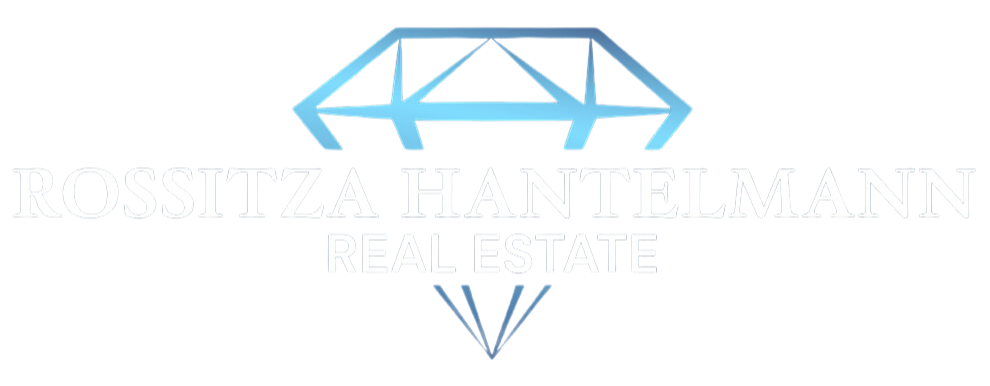Although in Germany, as in Spain, the “public faith” (fe pública) in the land register also applies, there are some important differences between the two countries. First, in Spain, anyone who merely shows a legitimate interest is entitled to access the land register, whereas in Germany, only certain authorized parties such as notaries, courts and owners can inspect the land register. In Spain, for example, this legitimizes prospective buyers to inspect the land register. Furthermore, the land registers in Germany and Spain differ in terms of content and structure. In Germany, three sections – owner, encumbrances and restrictions, mortgages and land charges – are entered in the land register and all other extensive information can be found in the master file. In contrast, there is no such distinction in the Spanish land register. Every legal transaction is continuously entered into the register, which can often lead to confusion. It is important to note that when buying and selling real estate in Mallorca, the register plays an extremely important role: The content of the publicly maintained register is incontestable. Therefore, one should be particularly careful about the seller – or broker information from the parcel or handed out property plans, etc., because these are not binding and not infrequently the values mentioned there deviate from the information in the register.
MD-Tip: Every prospective buyer for a property in Mallorca is absolutely recommended to inspect the Spanish land register before the conclusion of the purchase contract. A shortened simple information – a simple land register excerpt – represents the “nota simple”, which is initially sufficient for the purchase security.
